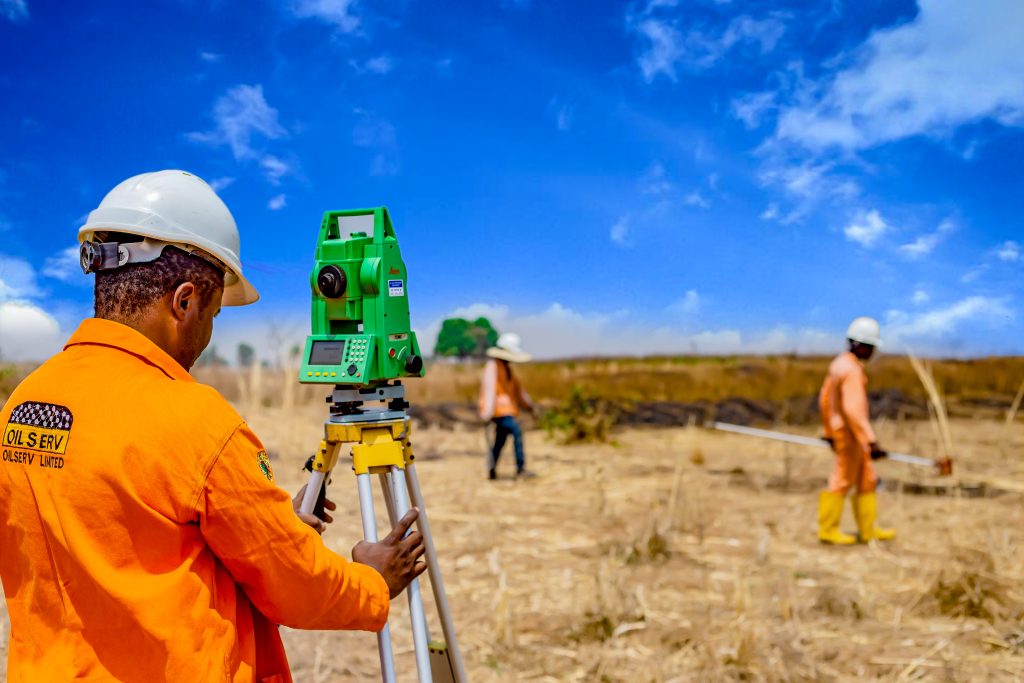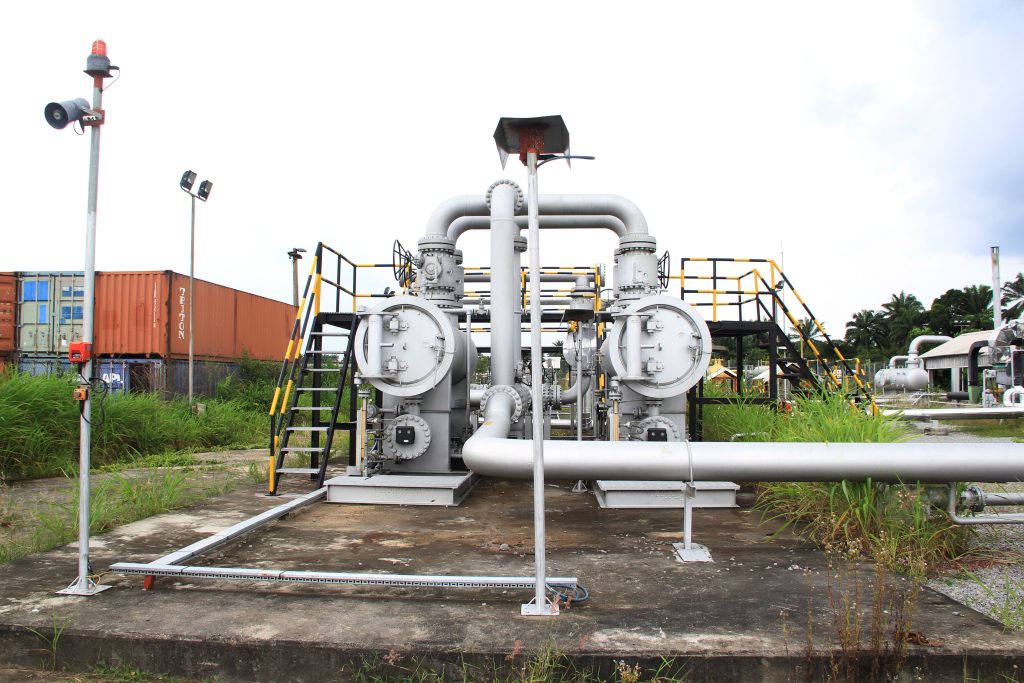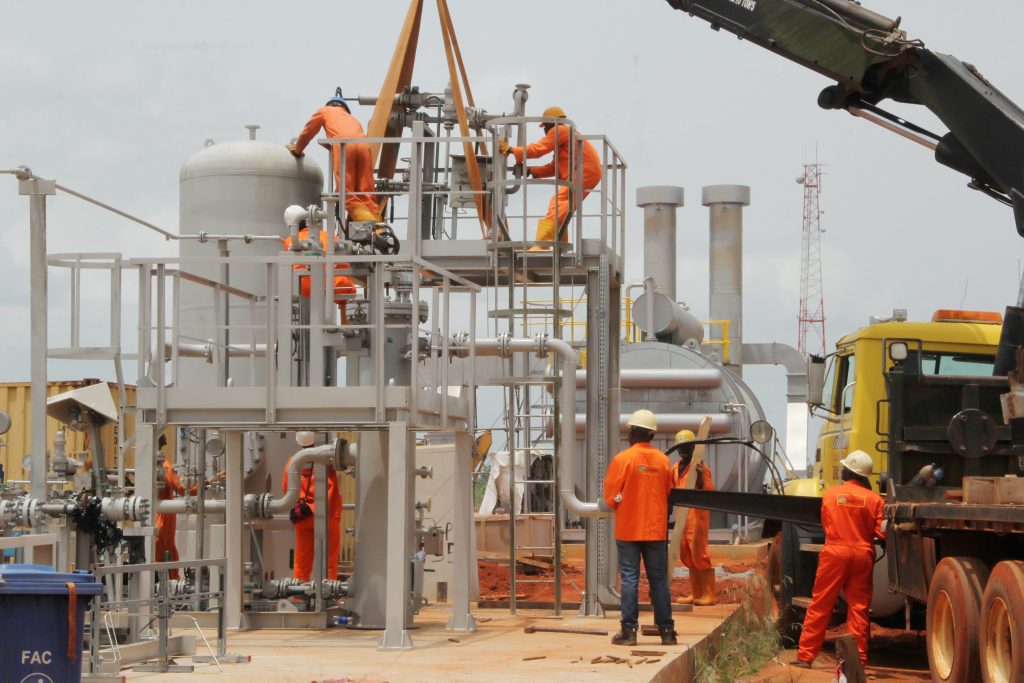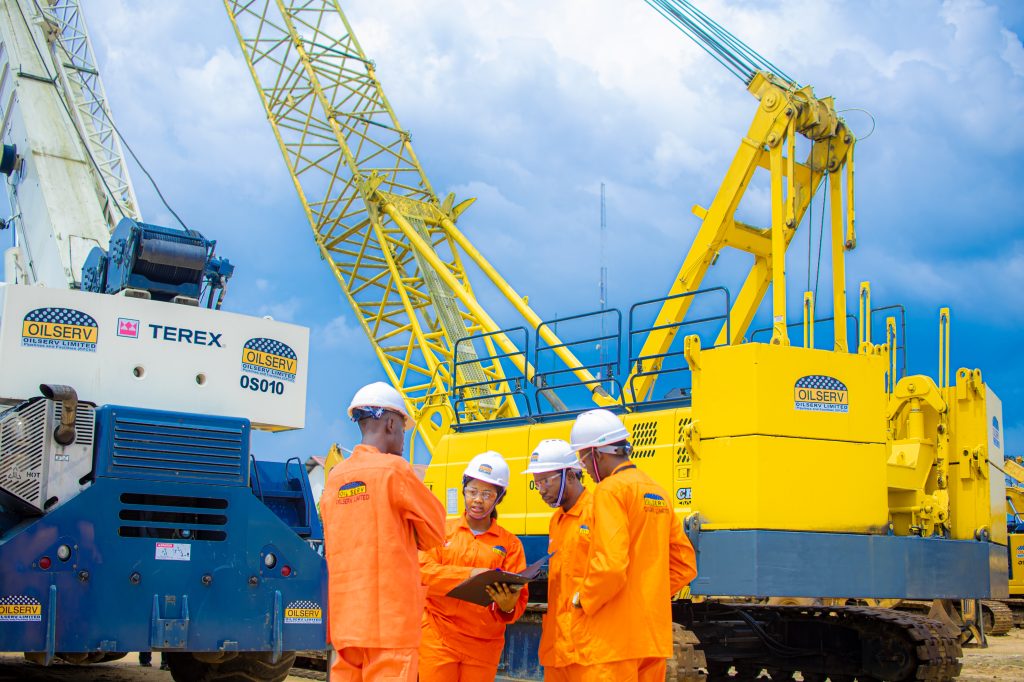Pioneering Local Empowerment and Sustainable Development
The 9th edition of the Sub-Saharan Africa International Petroleum Exhibition and Conference (SAIPEC) opened its doors on February 11th, 2025, kicking off a dynamic three-day event bringing together leaders, experts, and innovators from across the energy sector. Day one was filled with insightful discussions and keynote addresses, setting the stage for an exciting future for oil, gas, and energy in Africa.
The Federal Government of Nigeria, represented by Minister of State for Petroleum Resources (Oil), Senator Heineken Lokpobiri, has boldly proclaimed that Nigeria stands at the vanguard of an unprecedented energy revolution across Africa. Speaking at SAIPEC 2025 before an assembly of industry titans, policymakers, and innovators, Lokpobiri underscored that Nigeria’s unwavering commitment to local content and indigenous empowerment is the linchpin for unlocking the continent’s true energy potential.
Under the conference theme, “Building Africa’s Future: Advancing Local Content and Sustainable Development in the Oil and Gas Industry,” the Minister declared, “Local content is no longer a luxury; it is the key to unlocking Africa’s true potential.” In a landmark announcement, he revealed plans for the establishment of the African Energy Bank (AEB), to be headquartered in Nigeria. Described as a transformative force for energy financing, the AEB is designed to provide customized funding solutions for energy projects throughout Africa, thereby reducing the continent’s dependency on foreign capital.
(5)/4133196797-WhatsApp-Image-2025-02-12-at-15.44.17.jpeg)
Lokpobiri elaborated, “What we’ve witnessed in Nigeria demonstrates that African nations can fully harness their resources and convert them into engines of prosperity. We have revitalised dormant assets, boosted production, and retained significantly more value within our economy.” He stressed that the way forward demands a united African approach: “We must unite, share knowledge, close funding gaps, and harmonise regulations,” he urged, advocating for regional collaboration as the cornerstone of Africa’s energy future.
Addressing the global shift towards cleaner energy, the Minister reframed this transition as a strategic opportunity rather than a threat. “We must optimise our hydrocarbon resources while concurrently investing in renewable energy to secure long-term stability. The future belongs to those who embrace change—and Africa must lead,” he asserted.
(5)/4294940693-WhatsApp-Image-2025-02-12-at-15.44.19--3-.jpeg)
At the Sub-Saharan Africa International Petroleum Exhibition and Conference (SAIPEC) in Lagos, the Group CEO of the Nigeria National Petroleum Company Ltd (NNPCL), Malam Mele Kyari, reaffirmed the company’s commitment to strengthening collaboration across the oil and gas sector. Represented at the event by Mr. Udobong Ntia, EVP of the Upstream Division, Kyari emphasized that timely investments and resilient energy systems are critical for Africa’s socio-economic development. He highlighted Nigeria’s strategic initiatives, including the NLNG Train 7 Project—which is set to boost LNG production capacity to 30 million tons per annum—and the planned Nigerian-Morocco and Trans-Sahara Gas Pipeline projects designed to expand regional gas supply and bolster the nation’s position as a key energy player.
(5)/3179893248-WhatsApp-Image-2025-02-12-at-15.44.18--3-.jpeg)
The conference, under the theme “Building Africa’s Future: Advancing Local Content and Sustainable Development in the Oil and Gas Industry,” – provided a vital platform for stakeholder engagement. PETAN Chairman, Wole Ogunsanya, underscored the importance of international partnerships and collaborative efforts in driving energy development and economic growth across the region, noting successful production-sharing contracts as a testament to the power of global cooperation in advancing Africa’s energy future. He, however, concluded that “balancing energy transition, market realities, and energy security calls for strategic investment, robust local content development, and stronger regional partnerships.”
(5)/2758714075-Mr.-Felix-Omatshola.jpeg)
Complementing these perspectives, Engr. Felix Omatsola Ogbe, Executive Secretary of the Nigerian Content Development and Monitoring Board (NCDMB), called for a harmonised local content strategy across Sub-Saharan Africa. He noted that the fragmented implementation of local content policies has impeded progress within the oil and gas sector. Ogbe outlined key pillars for regional collaboration—including harmonisation of policies, human capital development, infrastructure investment, and technology transfer—while emphasising the African Continental Free Trade Agreement (AfCFTA) as a vital framework for fostering cross-border partnerships.
Ogbe also lauded President Bola Ahmed Tinubu’s recent Executive Order that dramatically shortened Nigeria’s oil and gas contracting cycle, a move anticipated to accelerate project approvals and bolster investor confidence.
With the NCDMB forging new partnerships with countries such as Senegal, Ghana, and Uganda, and launching initiatives like the “Back to the Creek” project to empower youth in oil-producing regions, Ogbe issued a resolute call to action: “The time to act is now. Let us harness our collective strengths and drive Africa’s transformation through an integrated local content approach.”
(5)/1898849655-WhatsApp-Image-2025-02-12-at-15.44.33--1-.jpeg)
Together, these strategic insights and initiatives underscore a pivotal moment for Nigeria and the broader African energy sector. With a clear roadmap defined by financial autonomy, local empowerment, and regional unity, SAIPEC 2025 is not merely another chapter in Nigeria’s energy story—it heralds the dawn of a new era of self-reliance, innovation, and sustainable development.
The conference, which attracted approximately 350 delegates and 180 exhibitors, served as a testament to the growing regional commitment to advancing Africa’s energy future. Lokpobiri’s passionate call to action resonated deeply with industry stakeholders, setting the stage for a collaborative and sustainable path forward for the continent. By advocating for financial autonomy, local empowerment, and pan-African unity, has laid out a roadmap for an energy revolution that not only addresses current challenges but also positions Africa as a formidable leader in the global energy dialogue.
(5)/3984076016-WhatsApp-Image-2025-02-12-at-15.44.36--2-.jpeg)








(5)/2903750413-WhatsApp-Image-2025-02-12-at-15.44.22.jpeg)
(5)/2004051724-WhatsApp-Image-2025-02-12-at-15.44.20--4-.jpeg)
(5)/2993917896-WhatsApp-Image-2025-02-12-at-15.44.29--1-.jpeg)
(5)/1874658050-WhatsApp-Image-2025-02-12-at-15.44.30--3-.jpeg)
